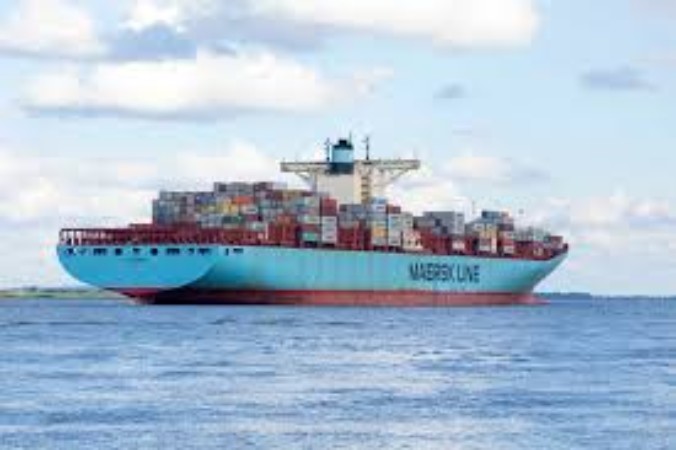Shipping behemoth Maersk and IBM have appointed a strong crew for their worldwide trade Blockchain Supply Chain. Disclosed this week, the firms have already inked up 94 companies for the platform since it was spun off in January from Maersk. They have also lastly named the new entity—TradeLens.
Using a leviathan-akin scale of Maersk, TradeLens has fascinated a broad series of entities, varying from dozens of customs authorities and port operators to logistics firms and even competitor ocean-going operators. All these companies have been experimenting with the platform.
Now that the pilot phase, TradeLens is accessible for participation
via a premature adopter program and is likely to be completely commercial at the end of 2018.
And to convey the message that TradeLens is a neutral and open platform, Maersk and IBM have upgraded their marketing plan. They now describe the project as joint teamwork instead of a joint venture.
On a related note, IBM has designed a fresh attack dubbed “DeepLocker” that employs AI (artificial intelligence) to avoid cyber-security measures.
While this appears like it poses a risky precedent, there is a technique to overcome this madness, which states that hackers are already operating to weaponry AI.
The best way to oppose such jeopardy is to observe how it operates.
While ordinary malware can be reverse-engineered (after capturing) to understand
what makes it vulnerable (and hence develop a solution), it is much harder to Analyze how a neural network makes its decisions.
The firm developed DeepLocker (defined as a new kind of highly evasive and targeted attacking tool fueled by AI) to understand how present AI models can with malware methods to generate a new kind of assault. Its proof-of-concept technique conceals itself in other apps until it recognizes its victim.
And when that unlucky person (via indicators such as geolocation, facial recognition, and voice recognition), the malware attacks.
In August 2018, IBM and Maersk announced that they had partnered to create a Blockchain Supply Chain platform called TradeLens.
The platform is to help improve the efficiency and transparency of the global shipping industry.
As of August 2018, 94 companies had joined the TradeLens platform, including port operators, customs authorities, logistics companies, and even rival ocean-going carriers.
The platform is still in the pilot phase, but it is to be fully commercially available by the end of 2018.
The TradeLens platform uses blockchain technology to create a secure, immutable record of all shipping transactions.
This record is with all participants in the Blockchain Supply Chain,
which allows them to track the progress of their shipments in real time.
The platform also provides a number of other benefits, such as:
Increased efficiency:
The TradeLens platform can help to streamline the shipping process, making it more efficient and cost-effective.
Improved transparency:
The TradeLens platform can help to make the shipping process more transparent,
giving both shippers and consignees greater visibility into the process.
Enhanced security:
The TradeLens platform is a secure distributed ledger technology, which means that it is very difficult to hack or tamper
The TradeLens platform is a major step forward for the global shipping industry. It has the potential to significantly improve the efficiency, transparency, and security of the shipping process.
The platform is still in its early stages, but it has the potential
to revolutionize the way that goods around the world.
Read Another Blog:




